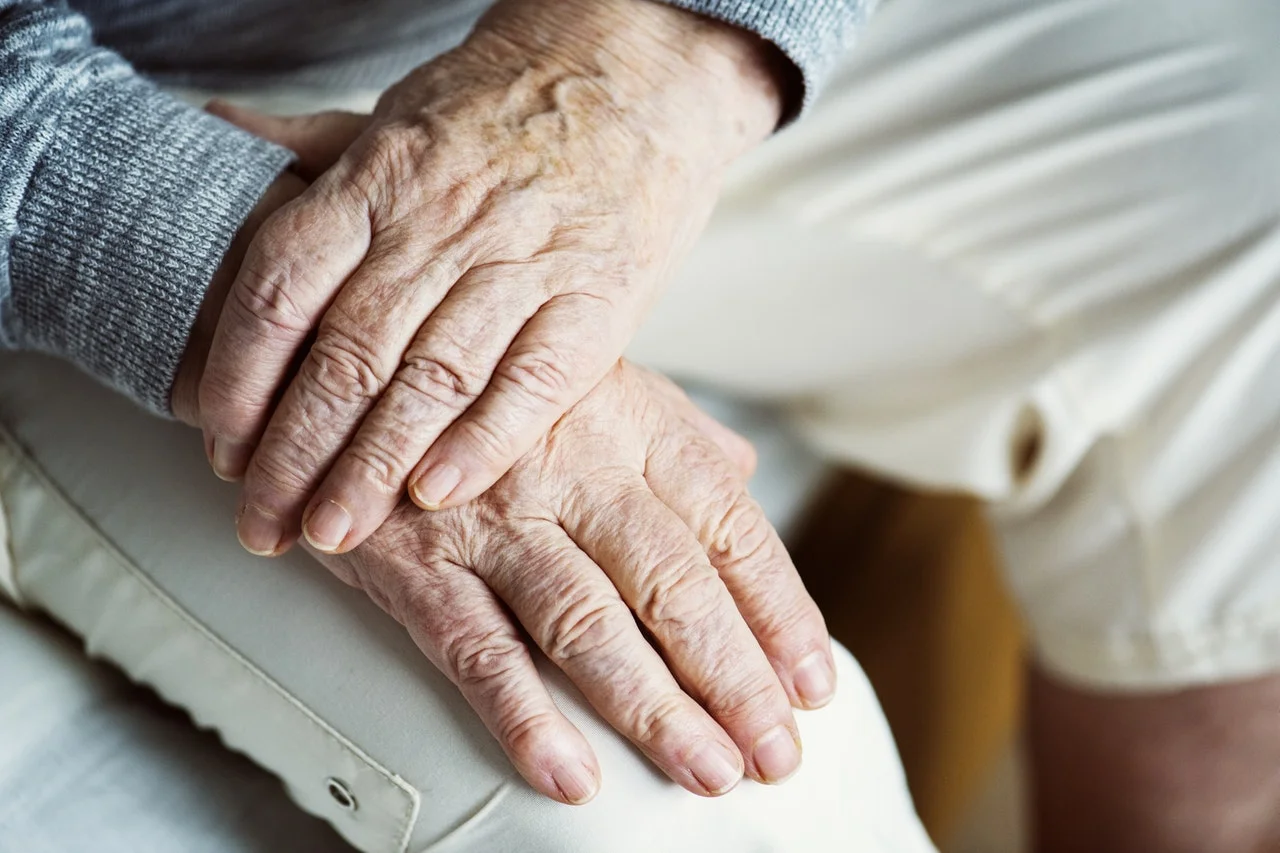Image Source: Pexels
We may be nearly 10,000 geriatric nurses short of what we as a society need to take care of the elderly, according to projections made by the American Geriatrics Society. Of course, this staffing shortage isn’t exclusive to geriatrics. Across the board, Americans are facing uncertain futures when it comes to the future of healthcare. People of all walks of life are at risk, especially those on the margin or groups of people that require specific kinds of care.
There is already an increasing need for nurses of all types in the United States. But it is worth noting that geriatric care is often overlooked when training these nurses, which has led to a shortage in healthcare provisions for people who are elderly. It’s possible that many students don’t think of it as a viable field to enter after obtaining their BSNs, and that may come from the misunderstanding of its importance.
It’s been a struggle to find people who are interested in gerontology. To recruit new professionals to this field, the negative stigma surrounding the profession needs be addressed. Participating in senior care is a respectable and necessary role in society, and it will continue to be in high demand for the foreseeable future.
So how do we move past this stigma? Well, first we have to start by educating the public (especially those entering healthcare professions) on the urgent necessity of geriatric care.
An Increasing Need
There is an increasing number of baby boomers approaching age 65 and over and getting ready to retire. There be more baby boomers entering care facilities and situations than we’re prepared for, and many will need specific treatments.
Thankfully, we have more means than ever before to handle this influx through healthcare technology. On the other hand, that’s another thing which is propelling this healthcare shortage. The rapid pace of technology has increased the need for healthcare professionals, but so much progress is being made that not enough people are able to handle, use, and experiment with it effectively. Ultimately, there is just a lack of providers.
At the end of the day, it’s important to recognize that we have resources to help seniors more than ever before. But we lack the muscle, and unless we get more geriatric care soon, the problem will only worsen. Regarding the Trump Administration’s massive effects on the healthcare industry, if we don’t turn the ship around soon, older generations will have even more adversity to look forward to.
Lack of Funds
While healthcare is one of the absolute most important things that anyone could offer, people are avoiding the field altogether. In essence, a lot of it comes down to a lacking amount of compensation for the work it requires. And if you aren’t already aware, don’t be fooled: being a caregiver can be draining.
As the Washington Post reported just two years ago, “The emerging crisis is driven by low wages — around $10 an hour, mostly funded by state Medicaid programs — and a shrinking pool of workers willing to perform this physically and emotionally demanding work: helping people get into and out of bed, go to the bathroom, shower, eat and participate in routine activities, often while dealing with challenging behaviors.
This is something that we have to nip in the bud, because although it would be admirable to see people in healthcare be completely altruistic and put themselves through stressful work for the sake of others, it’s unrealistic. The energy to do so would run out without good compensation. Multiple testimonials have detailed the experiences of patients who haven’t been effectively helped due to a lack of available help in hospitals and medical facilities. This means that we have to find a practical way to fill that void.
So What Should We Do?
First of all, we have to make the need for better and increased geriatric caregivers made known. Problems are rarely fixed without people being aware of it, and this is an issue that’s been widely neglected in the public arena. Like other problems our world is facing, it’s something on the horizon that we haven’t prepared adequately for.
Second of all, we have to incentivize caregivers in ways that we haven’t thus far. Benefits must be pristine, and the pay must be worth the effort and energy it takes to help a person during the final stages of their lives. Bodies break down, but so can the emotional well-being of caregivers if they don’t have a proportional reward for their personal output.
Lastly, and also commonly overlooked, it’s especially important that the people we encourage and allow to fit these roles of geriatric care are patient and peaceful people. Unfortunately, this has to be stated due to the amount of nursing home abuse that has occured as a result of caretakers losing their cool. And when such problems happen, they have to be addressed immediately. Care facilities need to be on their best watch for these problems from their workers so they any issues that occur can be resolved immediately.
Jori Hamilton is a writer from the Northwest who is passionate about education and social justice issues. You can follow her on Twitter @HamiltonJori



